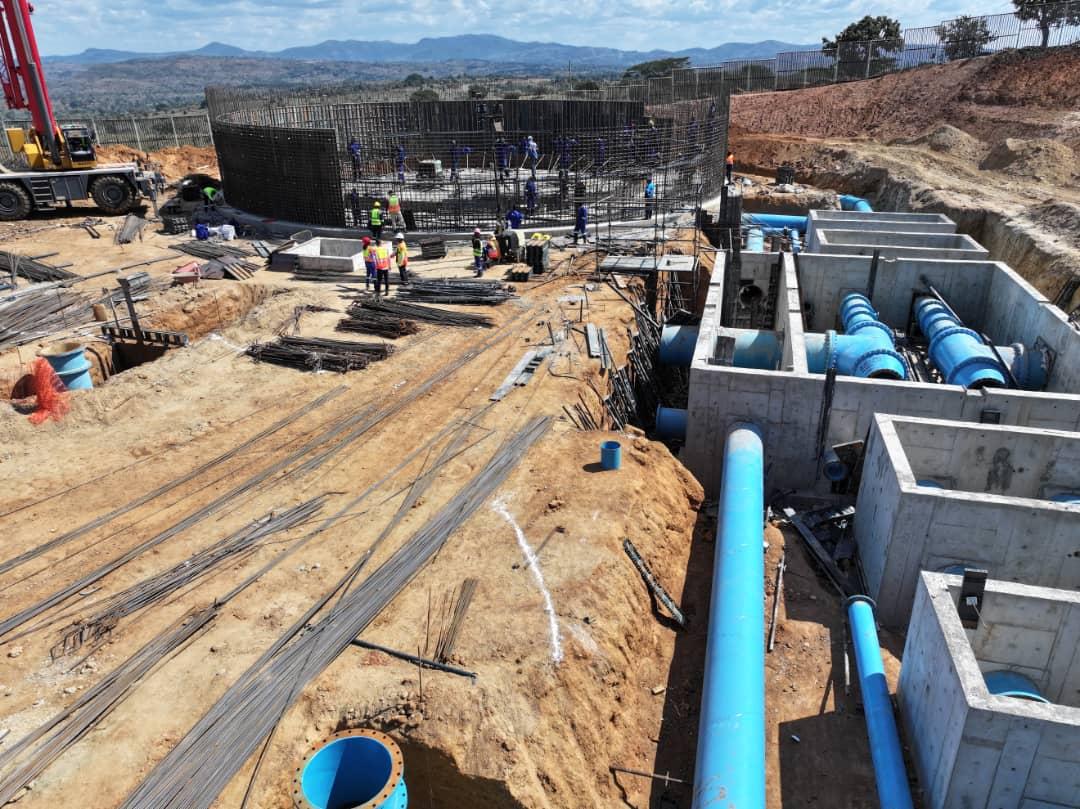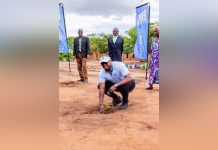Africa-Press – Malawi. Malawi’s Salima-Lilongwe Water Supply Project is poised to become one of President Lazarus Chakwera’s signature achievements. This initiative, recognized as the largest water supply project in the Southern Africa Development Community (SADC) region, aims to ensure clean water access for residents of Salima, Lilongwe, and Dowa.
The project, worth $351 million, faced significant challenges before it could take shape. Originally conceived in 2017, the project encountered political resistance under the previous Democratic Progressive Party (DPP) administration, which delayed funding and support. However, the arrival of President Chakwera in 2020 shifted priorities, leading to renewed commitment and support for this vital initiative.
Khato Civils, the contractor responsible for executing the project, mobilized to the site in February last year. Key funding partners, including NBS Bank and CDH Investment Bank, conducted a due-diligence tour in Johannesburg and Free State in July 2024 to assess the production of essential equipment for the project.
On Friday last week, the Deputy Minister of Water and Sanitation, Hon. Liana Kakhobwe Chapota, M.P., visited the construction sites to review progress, where she appreciated the construction which is currently underway at four major locations: Lifuwu, Katengeza, Mvera, and Chezi.
The first phase of the project involves a 50-kilometer stretch from the reservoirs to Salima, with water supply expected to commence in December 2026.
Project engineer Tinofirei Mawanza assured the Deputy Minister that efforts are concentrated on this initial stretch, aiming to provide water to beneficiaries as early as 2026. “The aim is to have the beneficiaries start getting water as early as 2026,” Mawanza stated during the site visit.
At Lifuwu, significant installations are taking place, including the water abstraction point, treatment plant, pump station, and three reservoirs.
Additionally, the site at Chezi will feature an inlet tower and more reservoirs.
The completed project will involve a 120-kilometer pipeline, significantly improving water access for the region’s residents.
For More News And Analysis About Malawi Follow Africa-Press






